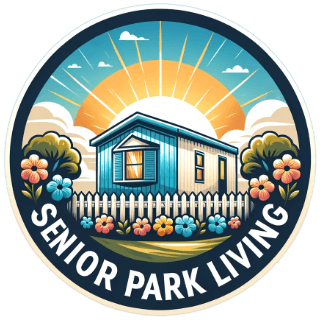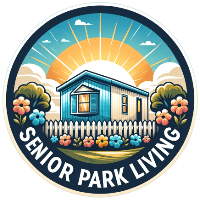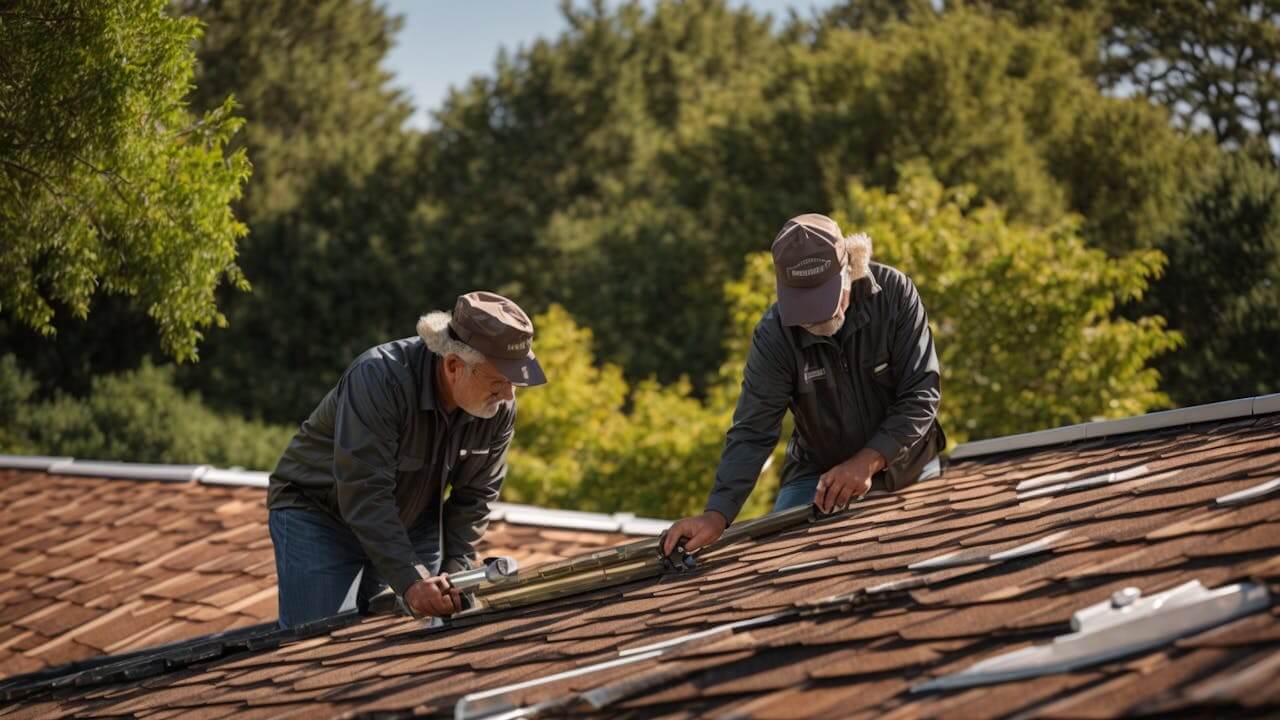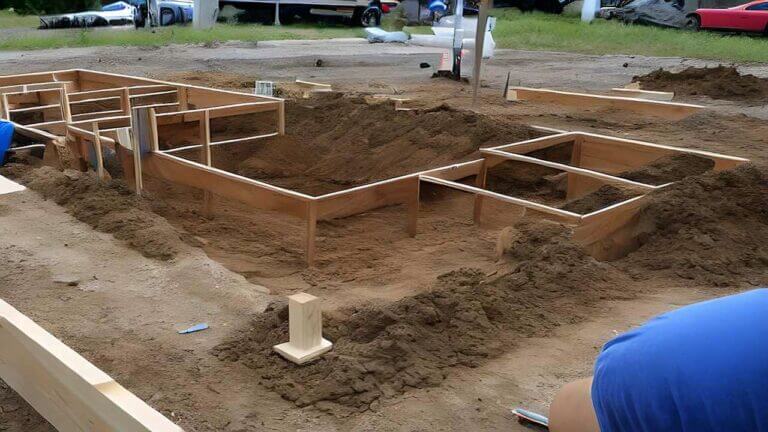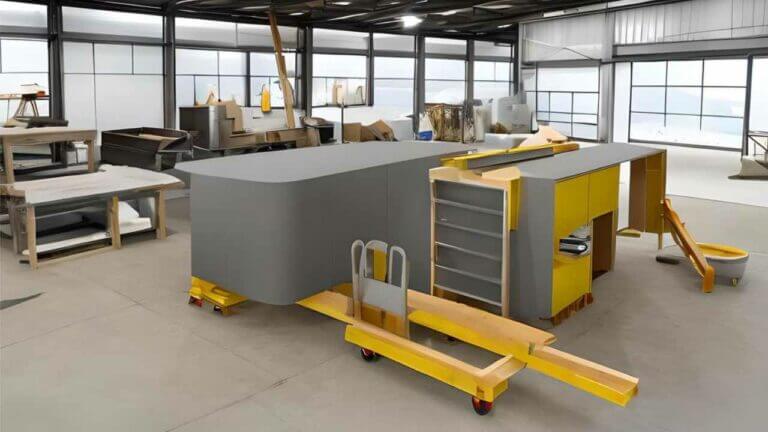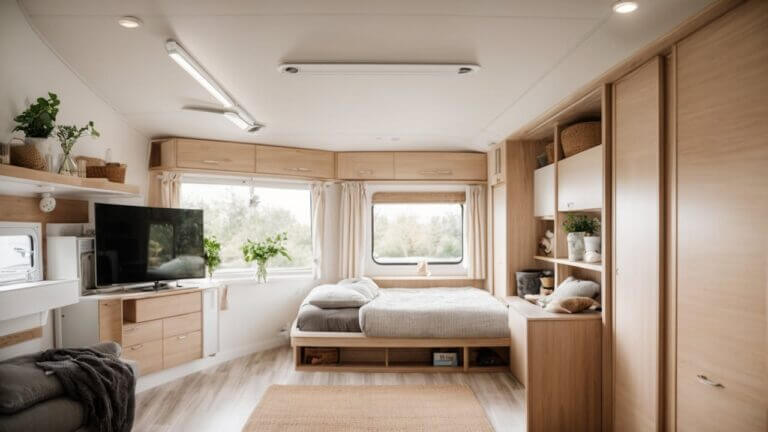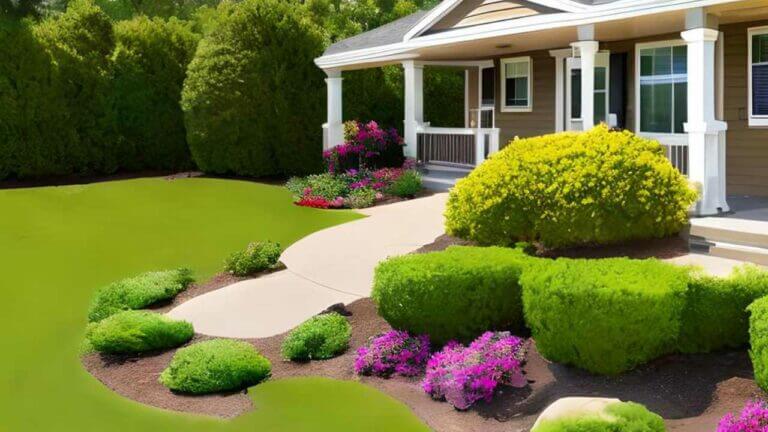Essential Maintenance for Manufactured Homes
Ensuring regular upkeep of your manufactured home is crucial to keeping it in optimal condition and preventing potentially costly issues.
From inspecting the roof to maintaining the plumbing system, paying attention to key maintenance tasks will ultimately save you time and money in the long run.
This blog post will outline the essential maintenance tasks you need to perform to keep your manufactured home in top condition.
Key Takeaways:
- Regular inspections: Conduct routine inspections of the roof, plumbing, and electrical systems to identify any potential issues early on.
- Proper ventilation: Ensure proper ventilation in the home to prevent moisture buildup, which can lead to mold and mildew.
- Foundation maintenance: Keep an eye on the foundation and make necessary repairs to prevent structural damage.
- Exterior care: Regularly clean and maintain the exterior of the manufactured home to protect it from the elements and preserve its aesthetic appeal.
- Regular servicing of HVAC systems: Schedule regular maintenance for heating and cooling systems to ensure they operate efficiently and last longer.
Exterior Maintenance
Even though manufactured homes are built to be durable and low-maintenance, it’s important to stay on top of regular exterior maintenance tasks to ensure your home remains in top condition.
By taking care of the exterior of your home, you can prevent costly repairs and maintain its curb appeal.
Roof Inspection and Repair
Inspecting your roof at least twice a year is crucial to catch any potential issues early on.
Look for signs of damage such as missing shingles, sagging areas, or leaks.
If you notice any problems, it’s important to address them promptly to prevent further damage to your roof and the interior of your home.
Regular roof maintenance can extend its lifespan and protect your home from water damage.
Siding and Skirting Care
Regularly inspect your home’s siding and skirting for any signs of damage such as cracks, holes, or warping.
These issues can lead to moisture intrusion and pest infestations.
Clean the siding and skirting regularly to prevent dirt and debris from causing damage.
Proper care of the siding and skirting can help maintain the structural integrity of your home.
Window and Door Upkeep
Check the seals and frames of your windows and doors for any gaps or damage.
Properly sealed windows and doors can help maintain energy efficiency and prevent drafts.
Keep the tracks and hinges of your windows and doors clean and lubricated to ensure smooth operation.
Regular maintenance of windows and doors can improve energy efficiency and home security.
Deck and Porch Maintenance
Inspect the structural integrity of your deck and porch regularly, looking for signs of rot, warping, or loose boards.
Clean and treat the wood to prevent damage from weather exposure.
Ensure that the railings and stairs are secure and in good condition to prevent accidents.
Proper maintenance of your deck and porch can extend their lifespan and keep them safe for use.
Interior Maintenance
Unlike traditional homes, manufactured homes require regular interior maintenance to ensure they remain in top condition.
By performing these essential maintenance tasks, you can prevent costly repairs and keep your home safe and comfortable for years to come.
HVAC System Service
When it comes to your manufactured home’s HVAC system, regular servicing is crucial to ensure efficient operation and optimal indoor air quality.
You should schedule a professional inspection and cleaning of your HVAC system at least once a year to prevent potential fire hazards and ensure proper airflow and temperature control.
Additionally, regularly changing the air filters in your HVAC system can help improve its efficiency and prolong its lifespan.
Plumbing System Checks
Your home’s plumbing system requires regular checks to identify and address any potential issues before they escalate.
This includes inspecting for leaks, corrosion, and proper drainage.
By keeping an eye on your plumbing system, you can prevent water damage and maintain a continuous supply of clean water in your home.
Electrical System Safety
Regularly inspecting and testing your electrical system is crucial for preventing electrical fires and ensuring the safety of your home.
You should check for any exposed wiring, frayed cords, or overloaded circuits.
Additionally, you should test your GFCI outlets and circuit breakers to ensure they are functioning properly.
If you notice any issues, you should address them immediately or seek professional help.
Floor and Wall Care
Maintaining the floors and walls in your manufactured home is essential for both its structural integrity and aesthetic appeal.
Regularly clean and inspect your floors for any signs of water damage, warping, or deterioration.
Similarly, check your walls for any cracks or discoloration, which could indicate underlying issues that need attention.
Appliance Maintenance
Your appliances play a significant role in the comfort and functionality of your manufactured home.
Regularly inspect and maintain your appliances, including your refrigerator, dishwasher, and oven, to prevent breakdowns and prolong their lifespan.
Make sure to follow the manufacturer’s recommended maintenance schedule for each appliance to ensure optimal performance.
Seasonal Maintenance Tasks
Not only does regular maintenance keep your manufactured home in top condition, but it also ensures the safety and comfort of your household.
By performing seasonal maintenance tasks, you can effectively address the specific needs of your home based on the changing weather conditions throughout the year.
Preparing for Winter
As winter approaches, it is essential to prepare your manufactured home for the cold and potentially harsh weather.
Seal any gaps and cracks in doors, windows, and skirting to keep warm air in and cold air out.
Insulate your water pipes to prevent freezing and potential burst pipes.
Clean gutters and downspouts to ensure proper drainage and prevent ice dams.
Lastly, check your heating system and change the filters to ensure efficient and safe operation throughout the winter.
Spring Cleaning and Inspection
Once winter has passed, it’s time to give your manufactured home a thorough spring cleaning and inspection.
Check for any damage caused by winter weather, such as loose or missing shingles, damaged siding, or cracks in the foundation.
Inspect your HVAC system and clean or replace filters as needed.
Clear debris from around the exterior of your home, including the skirting, to prevent moisture buildup and potential pest infestations.
Summer Upkeep Strategies
During the summer months, it’s important to focus on maintaining proper ventilation and cooling within your manufactured home.
Check and clean the vents and fans to ensure optimal airflow.
Inspect the roof for any signs of damage or wear and tear, and trim any overhanging tree branches that could pose a risk.
Additionally, keep an eye on the exterior paint and touch up any areas that may be peeling or fading due to sun exposure.
Autumn Preparations
As the leaves begin to fall, it’s time to prepare your manufactured home for the upcoming winter months.
Clean and inspect the gutters and downspouts to ensure proper drainage and prevent clogs.
Inspect the exterior for any potential entry points for pests as they seek shelter from the cooling temperatures.
Drain and properly store any outdoor hoses and irrigation systems to prevent freezing and damage.
Lastly, check and repair any cracks or gaps in the foundation to keep your home well-insulated during the colder months.
Preventative Measures and Upgrades
Despite regular maintenance, there are additional steps you can take to ensure your manufactured home remains in top condition.
These preventative measures and upgrades can help improve energy efficiency, strengthen structural components, and prevent pest infestations, making your home safer and more comfortable.
Improving Energy Efficiency
One of the most important upgrades you can make to your manufactured home is improving its energy efficiency.
By doing so, you can lower your utility bills and reduce your environmental impact.
Consider installing energy-efficient windows and doors, adding extra insulation in walls and the roof, and upgrading to Energy Star-rated appliances.
These simple upgrades can make a significant difference in the energy consumption of your home and create a more comfortable living environment.
Upgrading Structural Components
Another key aspect of maintaining your manufactured home is ensuring the structural components are in good condition.
This includes inspecting and fortifying the foundation, roof, and siding.
Regular inspection and maintenance of these structural elements can prevent costly damage and keep your home safe and secure for years to come.
Pest Control and Prevention
One of the major concerns for any homeowner, including those with manufactured homes, is the threat of pests.
Pest control and prevention should be a priority to safeguard your home from potential damage and health risks.
Implementing measures such as sealing entry points, keeping the surrounding area clean and free of debris, and scheduling regular pest inspections can help keep unwanted critters at bay.
Safety Enhancements and Alarms
Ensuring the safety of your manufactured home should be a top priority, and there are several upgrades and enhancements you can make to achieve this.
Installing smoke detectors, carbon monoxide alarms, and security systems can provide an extra layer of protection for you and your family.
In addition, regularly checking and maintaining fire extinguishers and emergency exits is crucial for your overall safety and peace of mind.
The Essential Maintenance Tasks for Keeping Your Manufactured Home in Top Condition
The essential maintenance tasks for keeping your manufactured home in top condition are crucial to ensure its longevity and structural integrity.
Regular inspections of the roof, HVAC system, plumbing, and electrical systems are necessary to identify and address any potential issues before they become major problems.
Additionally, maintaining the siding, windows, and doors, as well as proper insulation and ventilation, will help to protect your home from the elements and maintain energy efficiency.
By staying proactive and conducting routine maintenance, you can keep your manufactured home in optimal condition and preserve its value for years to come.
